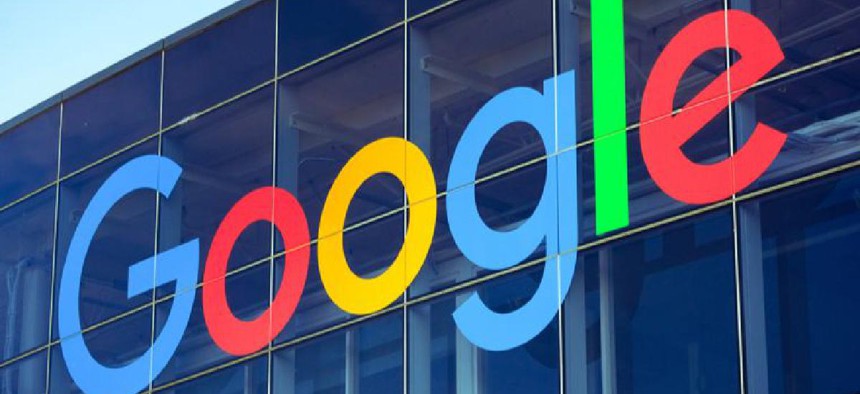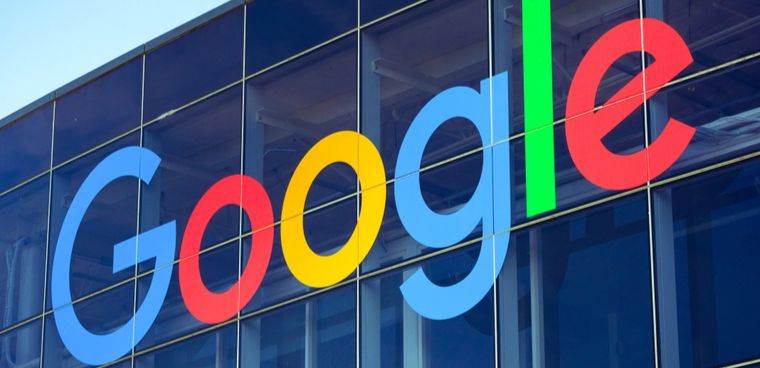Google wants a place on the next big DOD cloud contract

The tech giant says it has met key technical and security thresholds and is interested in a spot on the upcoming Joint Warfighting Cloud Capability contract, the multi-cloud successor to JEDI.

A building at Google's campus in Mountain View, Calif. (Photo credit: Sundry Photography/Shutterstock.com
Google wants to be a part of the next big Defense Department cloud contract.
Thomas Kurian, CEO of Google Cloud, wrote in a blog post Nov. 11 that it should be considered alongside Microsoft and Amazon to compete for the Defense Department's major cloud program meant to replace the scuttled JEDI program.
"We know very little about the specifics of the [request for proposal] because it has not yet been issued and Google has not yet been invited to bid. Most of our information is based on what we know of the JEDI proposal as well as what we have learned as part of the JWCC market research process," Kurian wrote. "However, if we are invited to be part of the JWCC contract, we will absolutely bid."
DOD announced the Joint Warfighting Cloud Capability (JWCC) as a replacement of the controversial Joint Enterprise Defense Infrastructure contract in July. Unlike JEDI, JWCC is intended to be a multi-cloud, multi-vendor award that will select from a pre-approved group of companies. The Defense Department has already identified Microsoft and Amazon as potentially capable of fulfilling the requirement. JWCC is slated to fully stand up by 2025 and orchestrated by the Defense Infrastructure Agency.
The Defense Department is wrapping up market research on JWCC, with a request for proposals in the offing.
Kurian noted that when DOD first announced JEDI, Google wasn't ready -- but it is now and can meet the technical and security requirements for several government classifications levels despite not knowing the specifics of the JWCC contract.
"When the JEDI RFP was issued, Google Cloud was not in a position to bid" because of "various classification levels and other technical requirements necessary to compete," Kurian wrote, adding that the single award structure of JEDI meant that "there would be certain projects the DOD would pursue that were incompatible with Google's AI Principles."
According to Kurian, those security issues are no longer a hurdle, and since JWCC is proposed as a multi-vendor contract, Google would not be required to bid on task orders that ran counter to its AI principles.
The post also addresses the past protests, when employees at Google and Microsoft protested against the company's partnership with DOD regarding the potential weaponization of AI.
"We understand that not every Googler will agree with this decision, but we believe Google Cloud should seek to serve the government where it is capable of doing so and the work aligns with our AI principles and company values," Kurian wrote. "The JWCC framework will offer up many opportunities for Google to help the men and women in our armed services to ensure their success and safety, and we look forward to doing so just as Google has been doing for many years."
NEXT STORY: The struggle to modernize state UI systems



